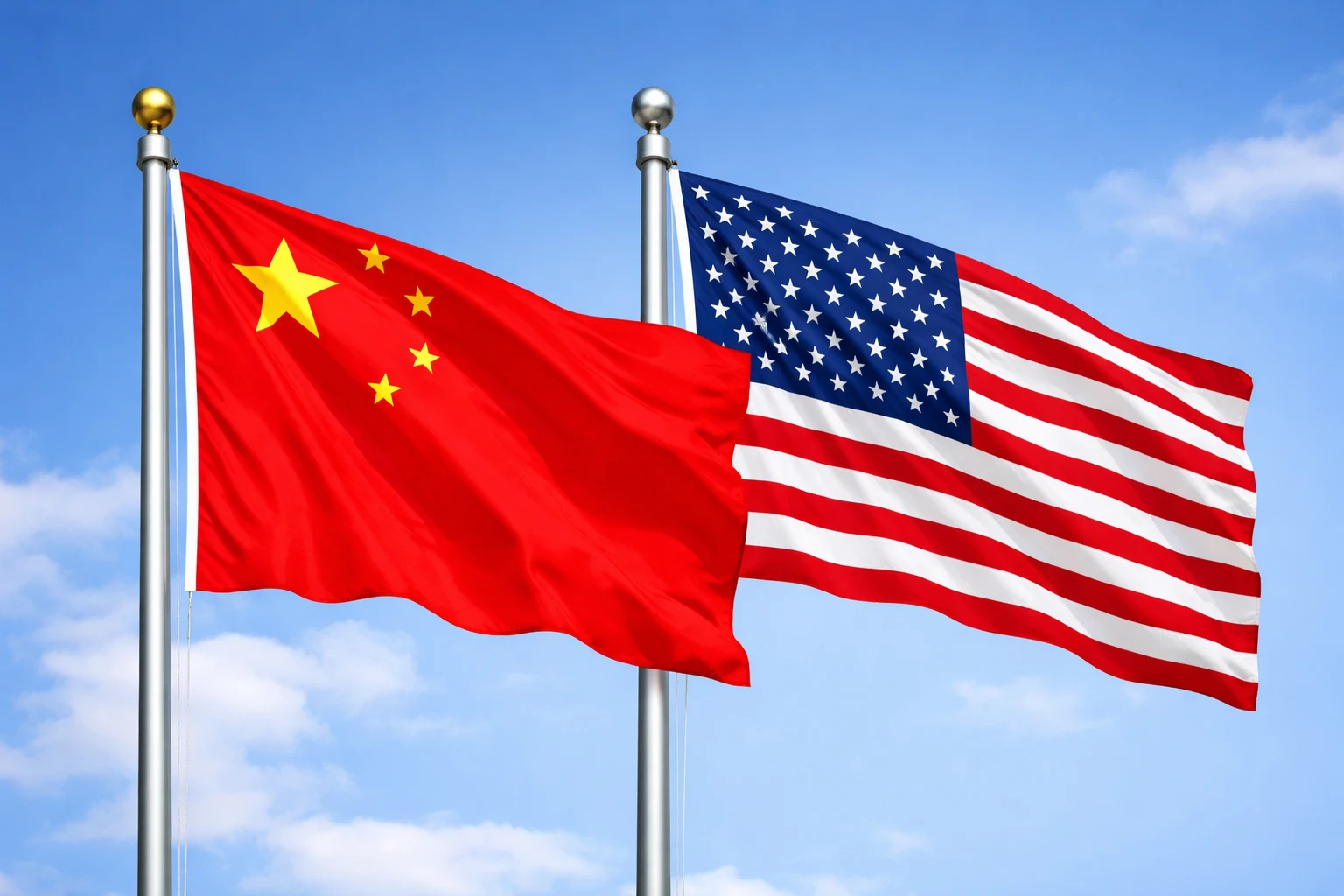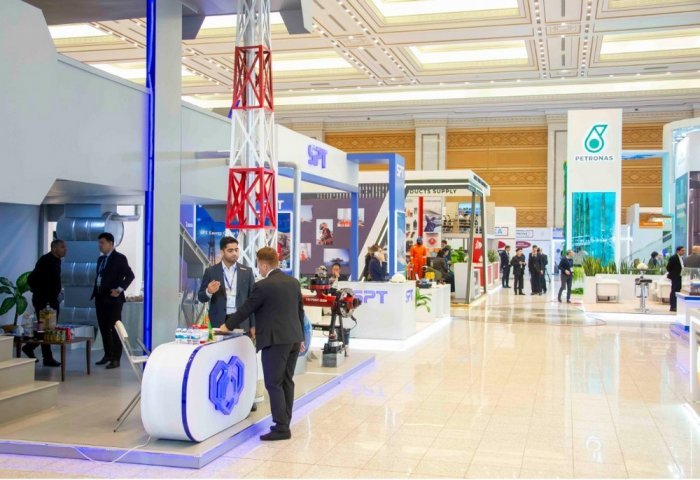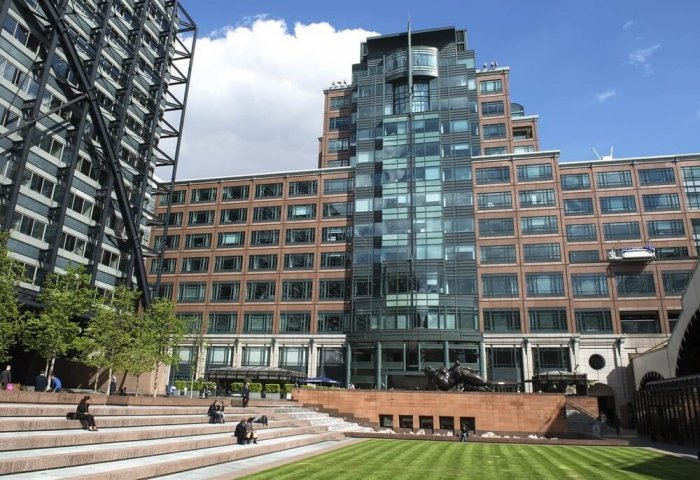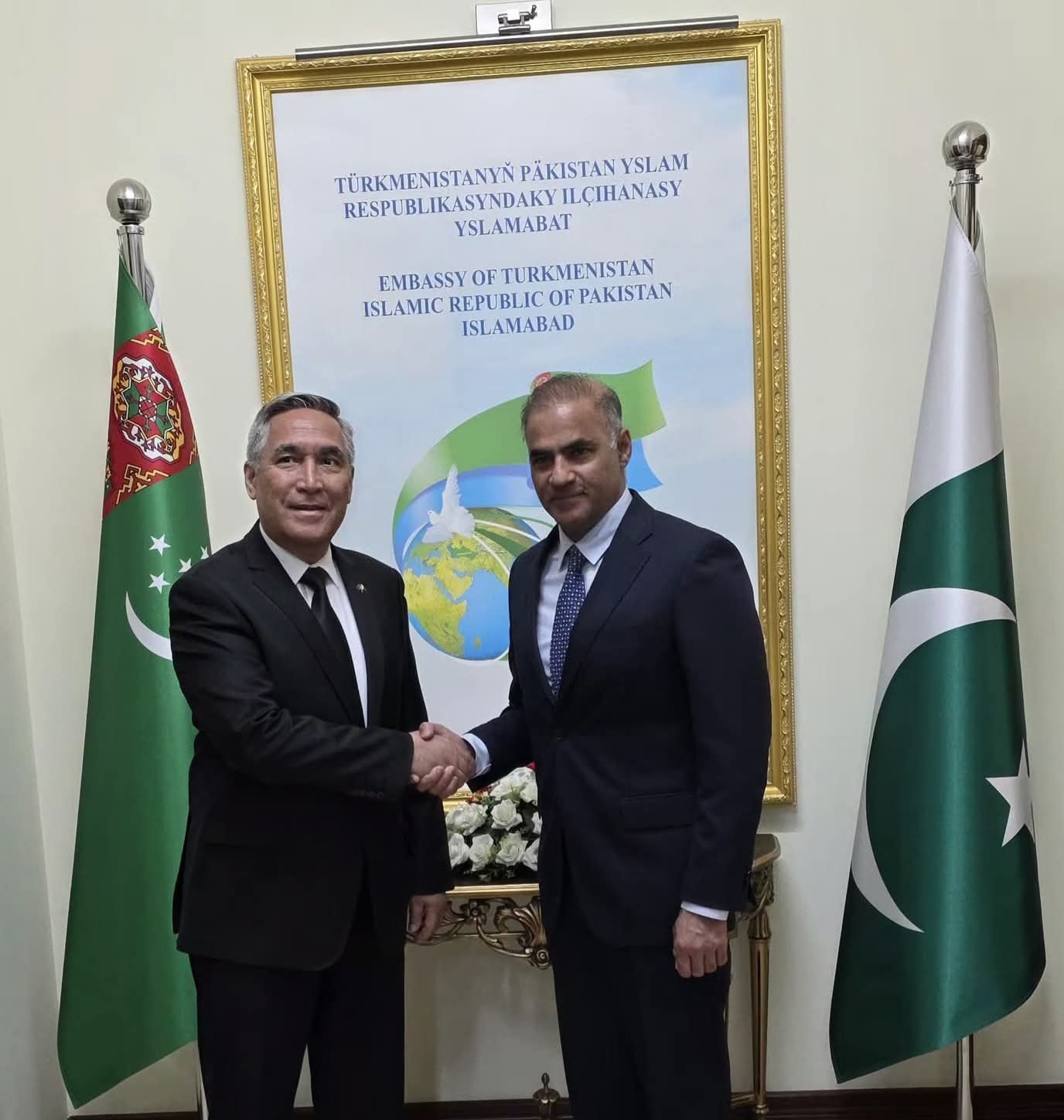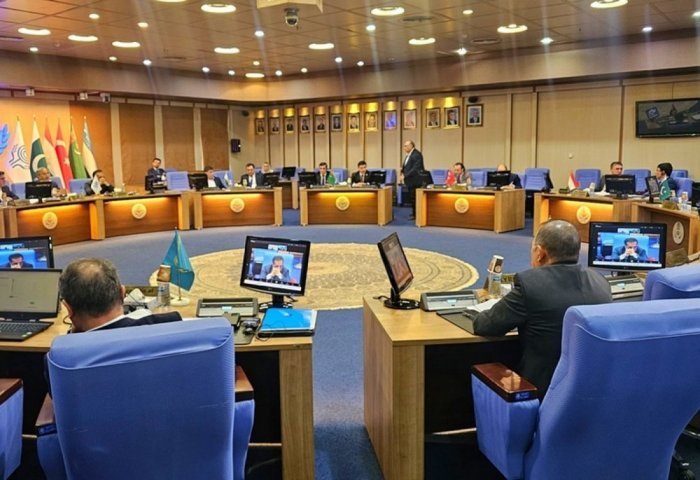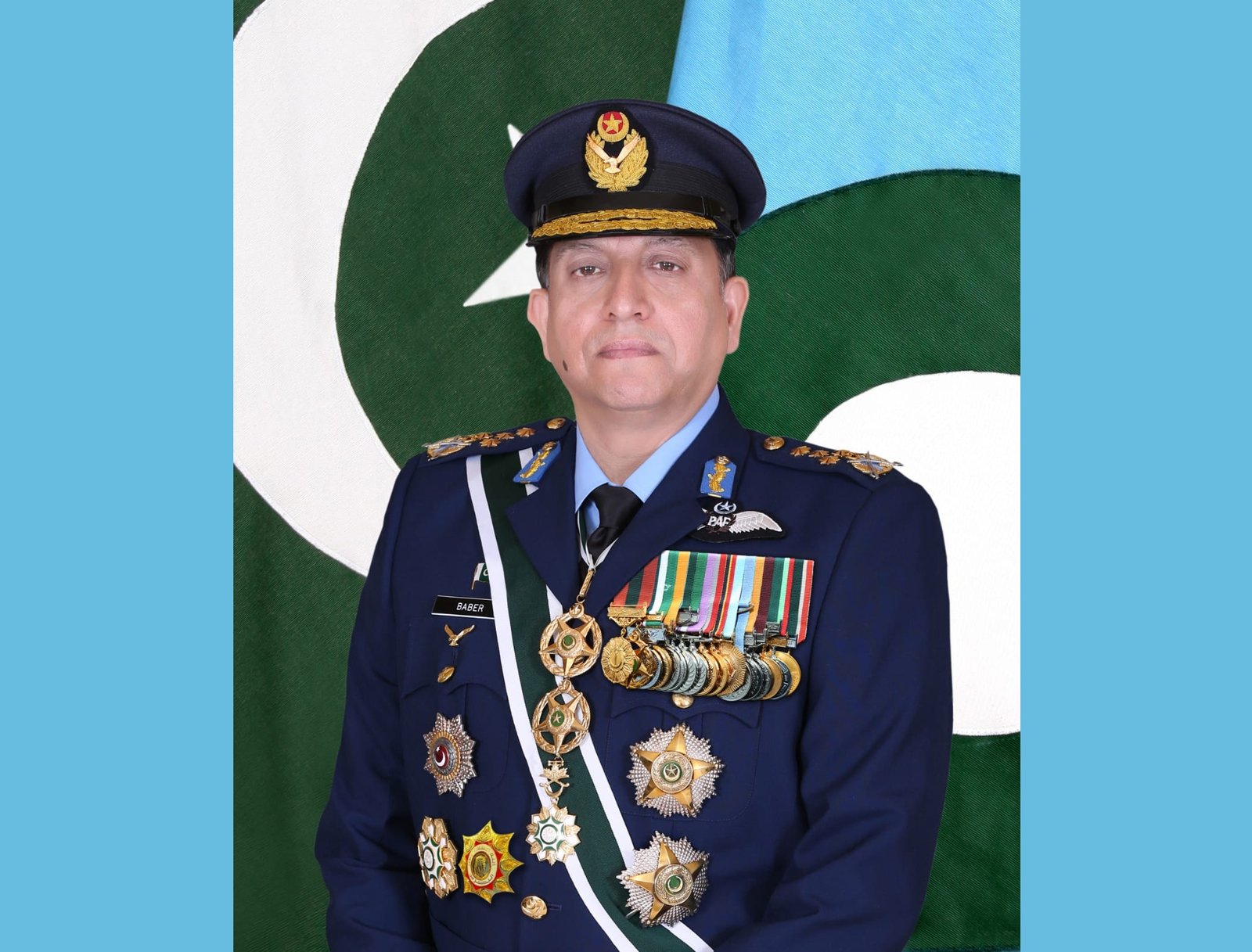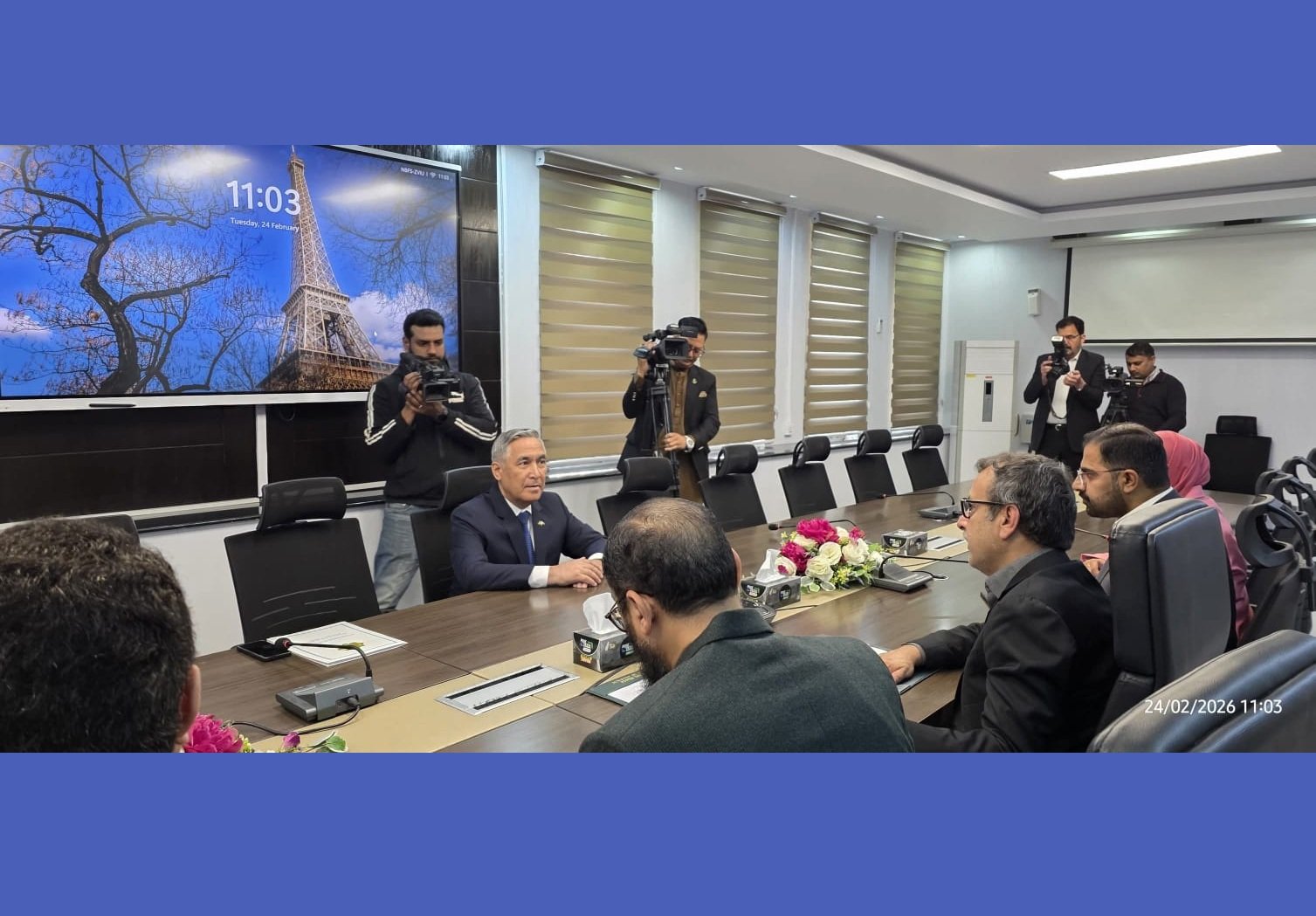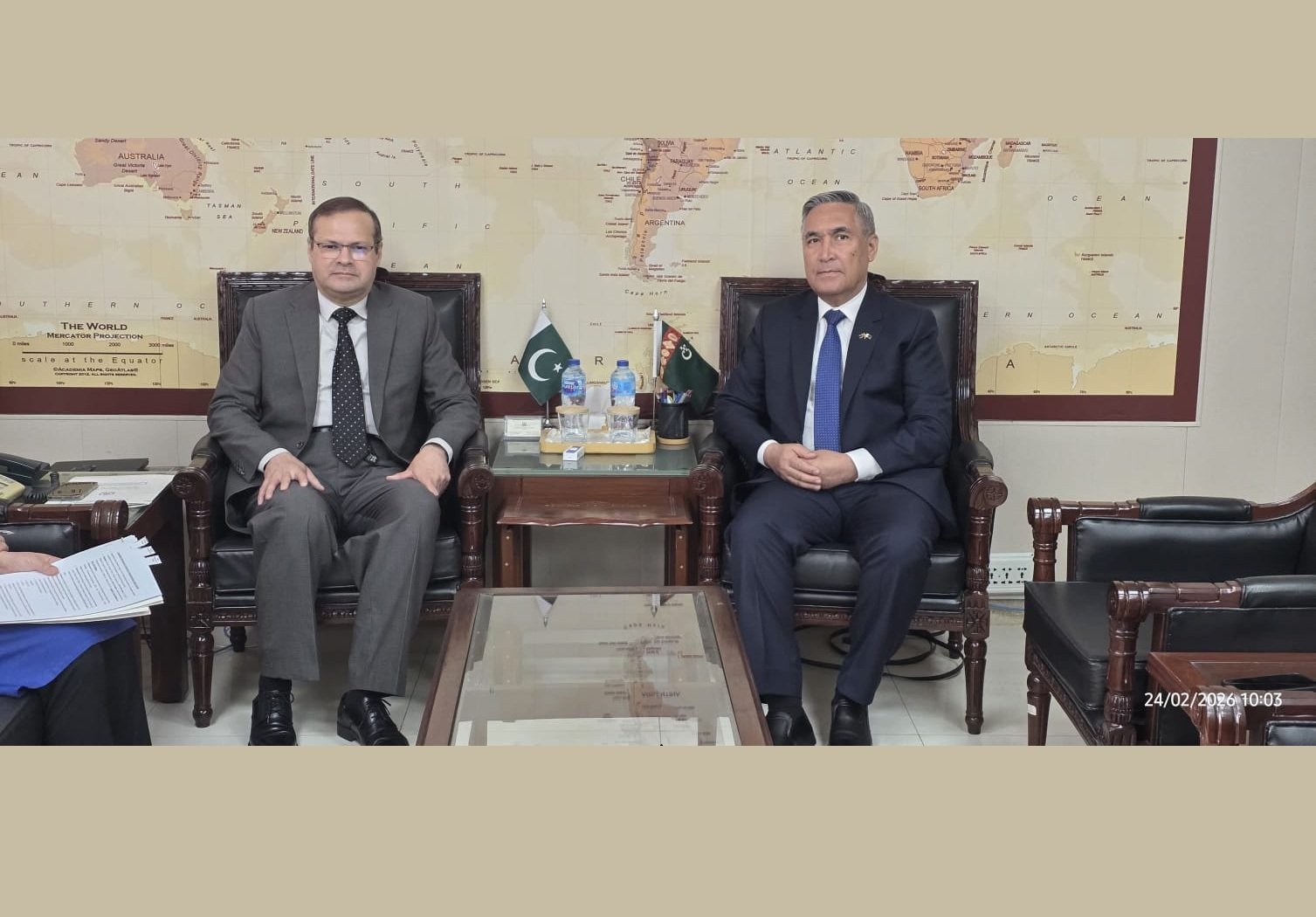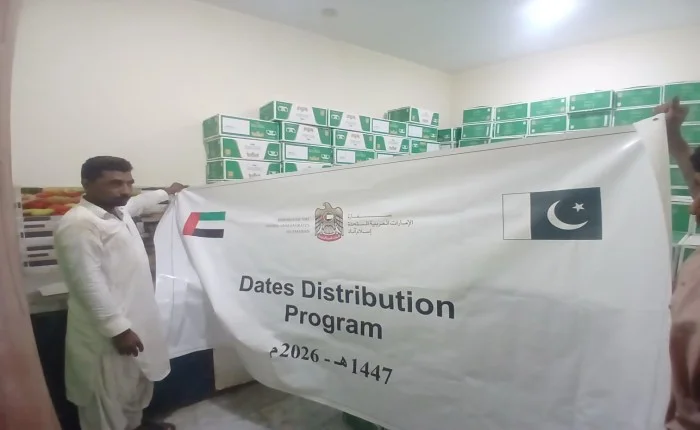Magtymguly Pyragy, a luminary in Turkmen history during the second half of the 18th century, stands as a multifaceted figure—poet, scientist, and political thinker as earlier mentioned in my article Magtymguly Pyragy and Allama Iqbal. His influence extends far beyond his time, with his thoughts encompassing artistic, philosophical, political, and social realms.
Magtymguly’s poetic oeuvre can be categorized into three main groups: general philosophical, natural philosophical, and social issues. As a leading humanist scholar, he pioneered a new literary school, offering valuable insights into political-social, philosophical, humanist, and ethical principles. He championed the freedom, liberty, and well-being of the Turkmen people, leaving an indelible mark on their cultural and intellectual landscape.
Born into a scholarly family in Hajigowshan, Turkmenistan, Magtymguly’s upbringing in a learned environment, under the guidance of his father, Dovletmammamet Azadi, shaped his intellectual curiosity. His worldview, deeply rooted in the connection between man and nature, emphasizes the societal influence on character and psychology.
Magtymguly’s poetry conveys the importance of material values in human life, underlining the significance of education and moral principles. He was a vocal advocate for humanitarian ideals, urging people to act in the interest of the greater good. His poems celebrate hard work as a noble virtue and a source of pride, contributing to peaceful life and prosperity.
The poet envisioned a literate, intelligent monarchy, portraying Alexander the Great as an exemplary ruler. He envisaged a society characterized by justice, friendship, and the absence of enmity between nations. Magtymguly opposed destructive wars but advocated just wars for the freedom of the country.
His dreams extended beyond the Turkmen borders, embracing the rights, freedom, and spiritual wealth of other nations. A true humanist, Magtymguly’s patriotism and humanism were inseparable, intertwining in his poetic expressions.
The great poet and thinker believed in the triumph of good over evil, urging people to oppose and fight against injustice.
Magtymguly’s thoughts on social development emphasized creating conditions for the comfort and satisfaction of people, seeing humanity as an expression of the divine.
Magtymguly Pyragy’s literary contributions, reaching the pinnacle of Turkmen classical literature, remain influential and timeless. His poems, echoing with a deep love for country and life, continue to resonate with new enthusiasm in contemporary times.
In the 19th century, Hungarian traveler Vamberi noted Magtymguly’s extensive knowledge, underscoring the poet’s mastery of worldly sciences and literature.
The enduring popularity of Magtymguly’s works attests to the enduring relevance of his comprehensive and encyclopedic thoughts. His legacy lives on, a testament to the enduring wisdom of a poet who envisioned a society based on justice, freedom, and humanism.
Today, under the guidance of the Honorable President of Turkmenistan, the Turkmen people are fortunate to experience elements of the ideal society envisioned by Magtymguly Pyragy—an enduring testament to the visionary thoughts of this sage from the 18th century.

Malik M. Shafiq is the Director of “The Europe Today”. An expert on Current Affairs and History.
Director, The Europe Today

